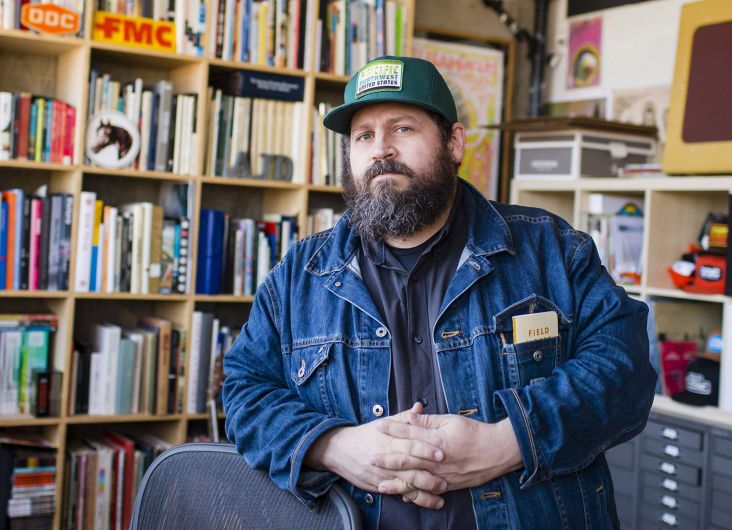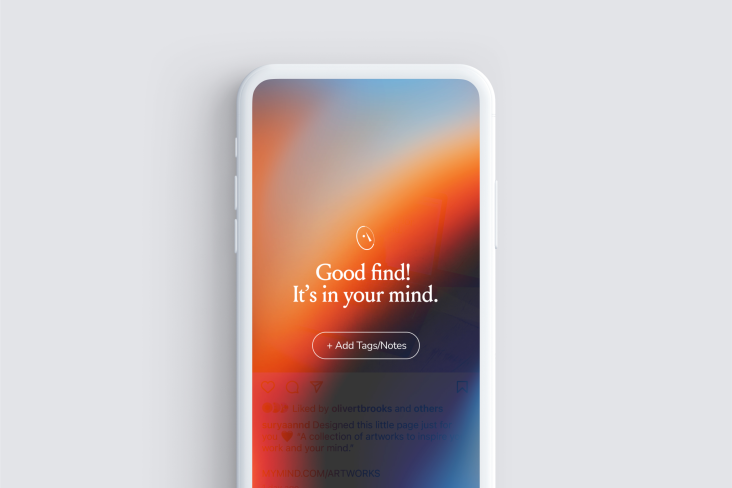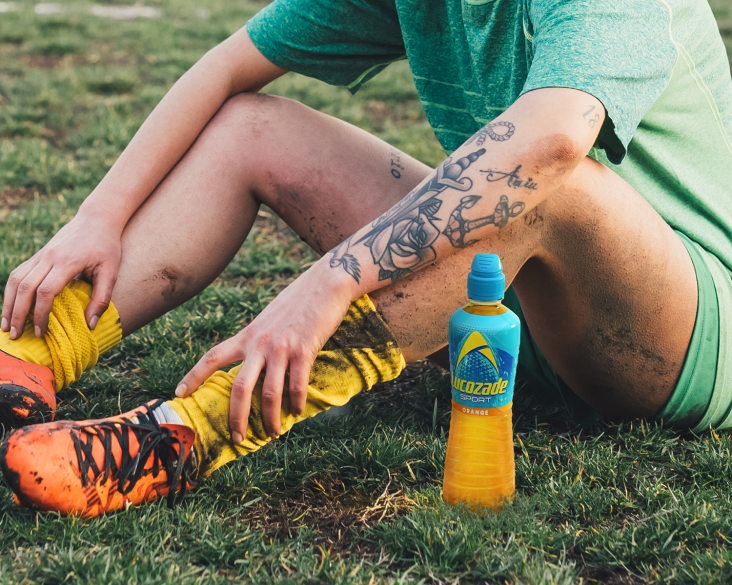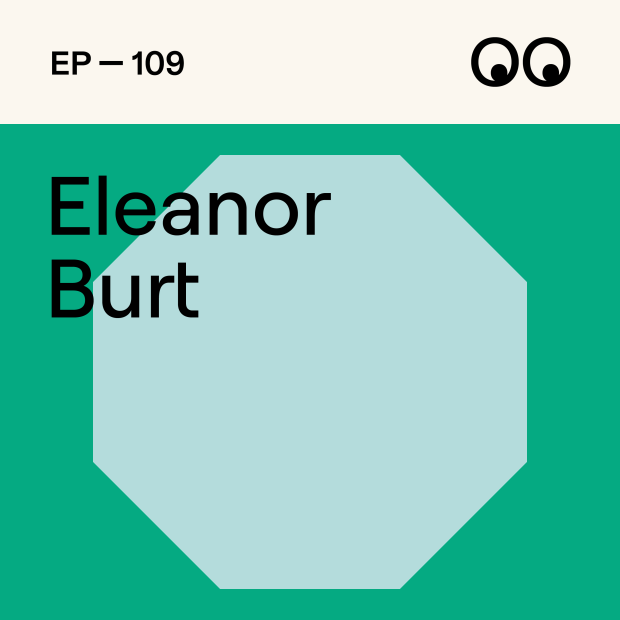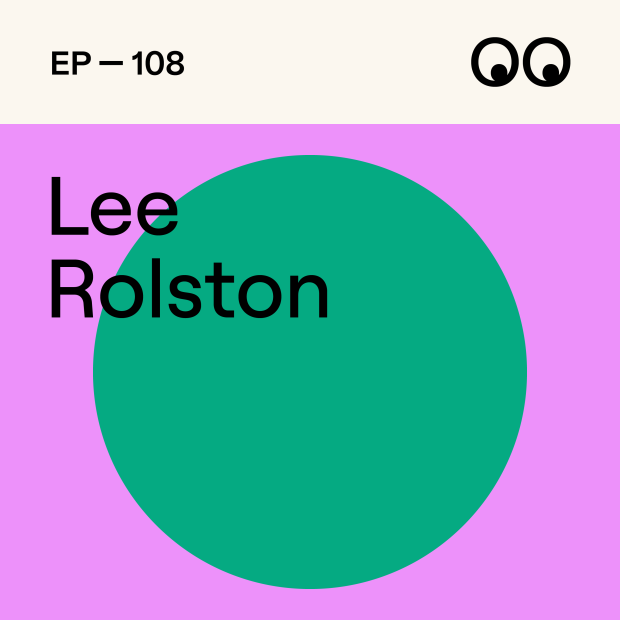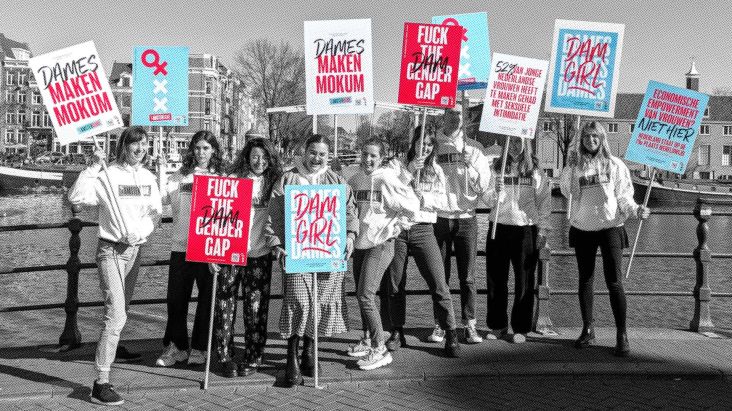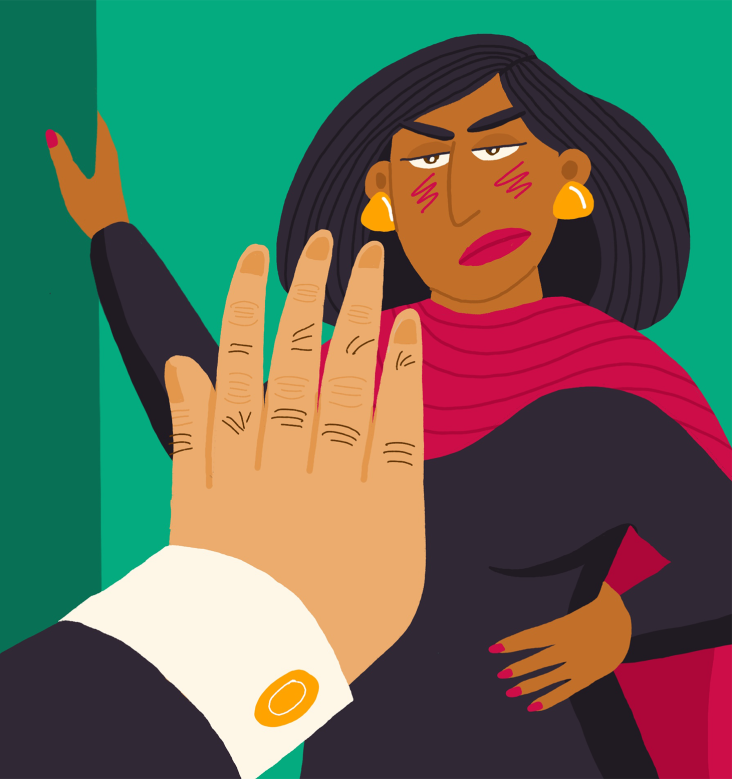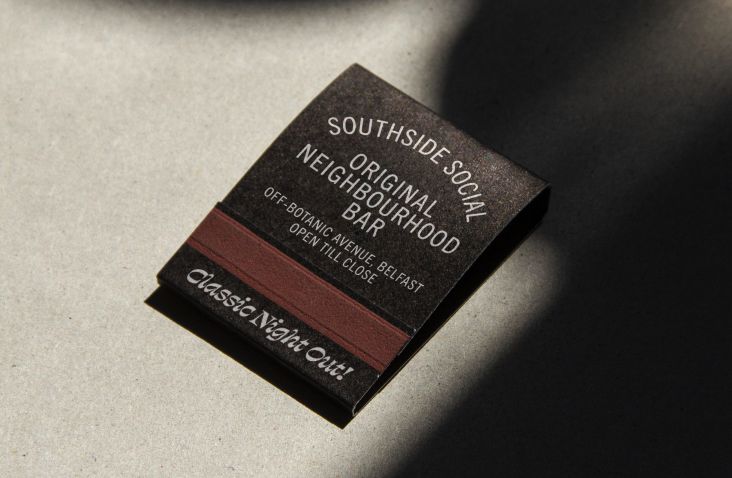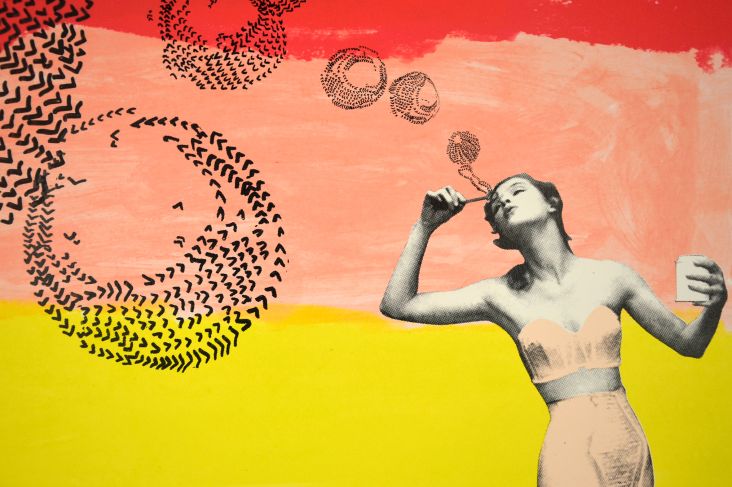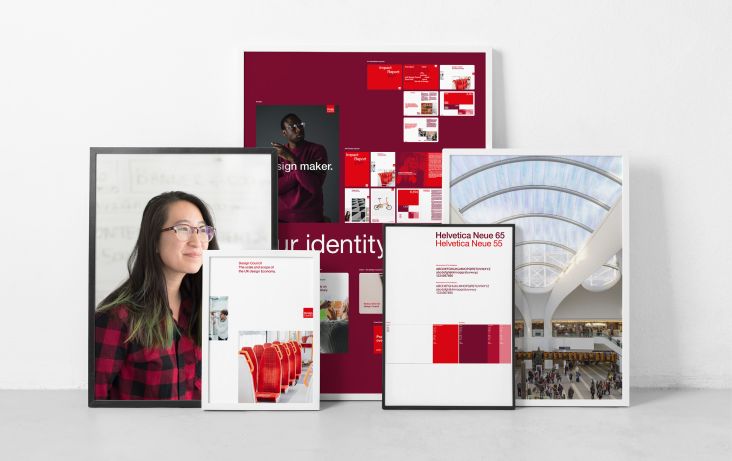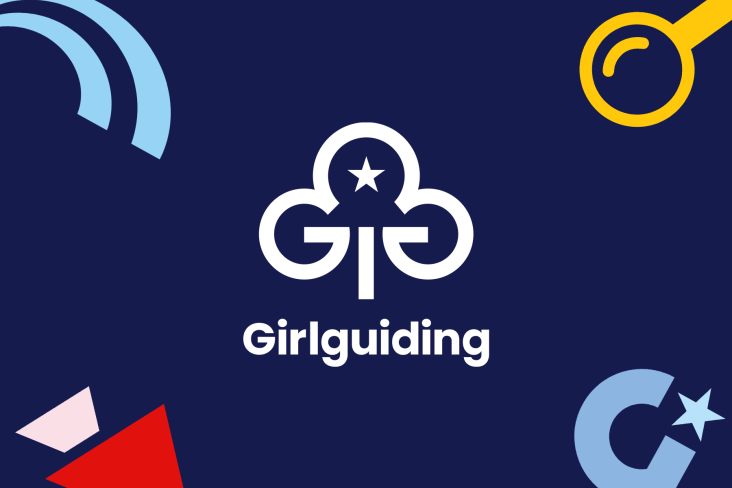New posters by CPB London highlight the sexist double standards in the words we use
Are you guilty of using language that discriminates against women, either consciously or subconsciously? A new campaign asks you to think about your words more carefully.
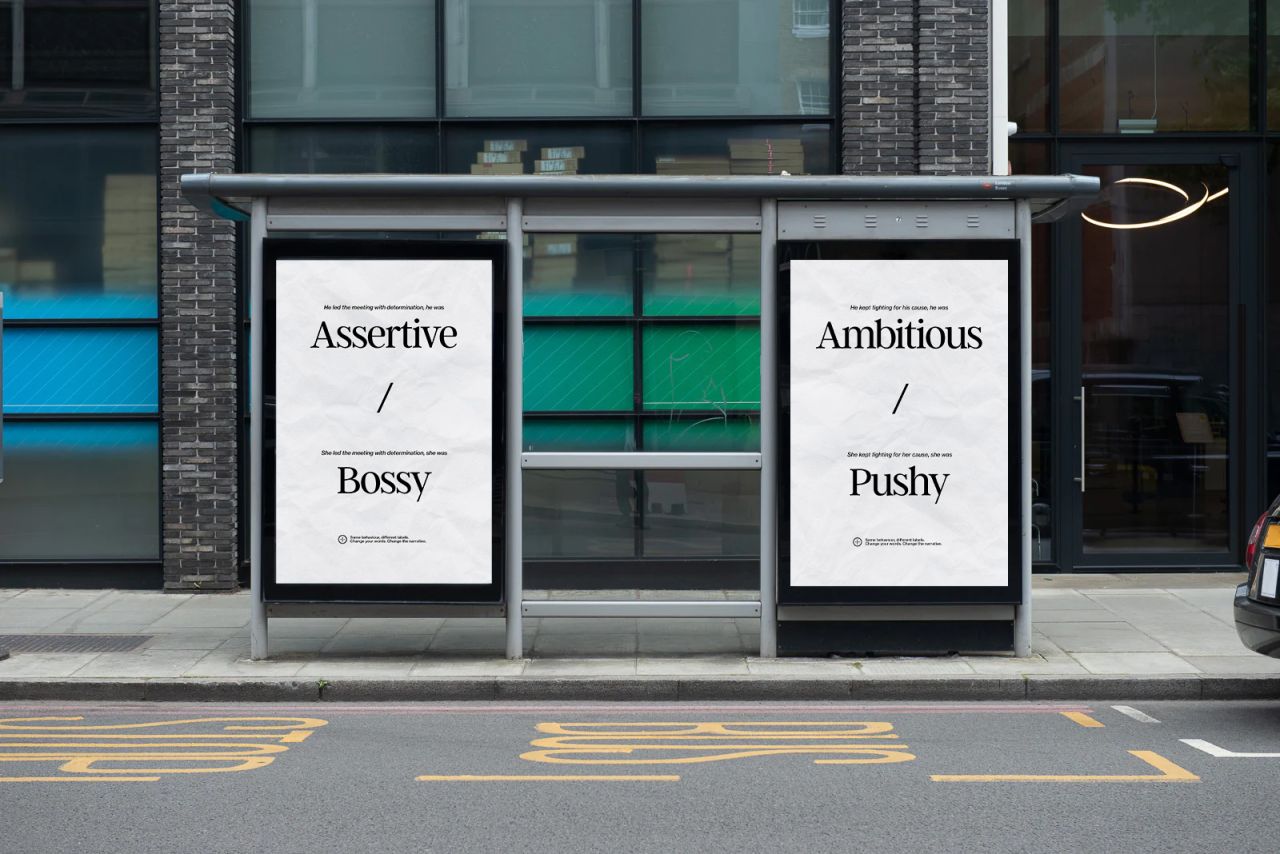
One of the highlights of last year's International Women's Day was an poster campaign by CPB London tackling gender bias, which posed questions like "Imagine a CEO. Is it a man?" and "Imagine a nurse. Is it a woman?"
Now they're back for 2023's International Women's Day with a new series of ads, this time focusing on our subconscious use of gendered language.
These posters point out how we tend to call men 'assertive' (good), but women with the same qualities are seen as 'bossy' (bad). Similarly, go-getting men are seen in a positive light as 'ambitious', whereas similarly determined and motivated women are dismissed as 'pushy'.
Other examples of subtly gendered language include calling men 'passionate' but women 'hysterical'. And then there's perhaps the oldest one in the book: approvingly describing sexually adventurous men as 'players' but damning sexually adventurous women as 'sluts'.
The Double Standards campaign results from a partnership between CPB London and media agencies Assembly, Goodstuff and Open Media, public relations agency KWT Global, and multilingual content activation agency Locaria.
Negative stereotypes
The campaign was inspired by research commissioned by CPB London, which revealed that one in five British men have no problem using sexist language. Their survey found that men are likelier to use sexist language to "be funny", and one in five uses it to show camaraderie and bond with others.
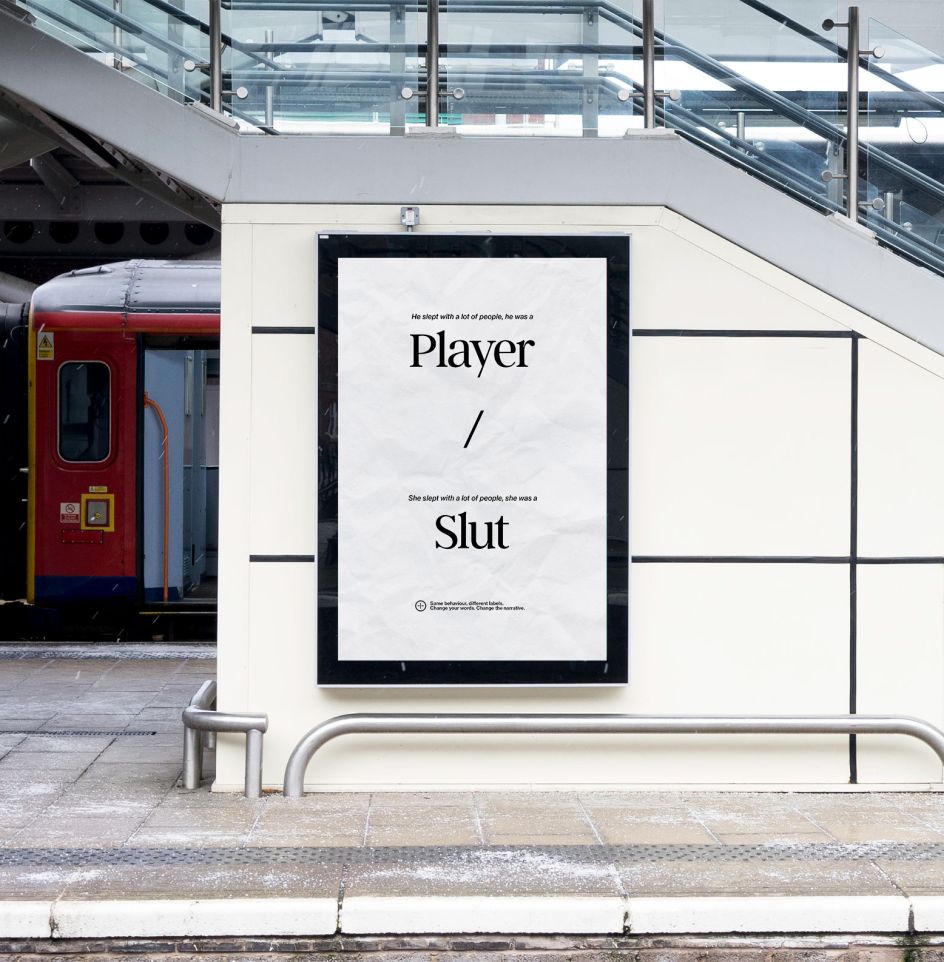
In addition, only 14% of men feel comfortable confronting others when hearing them use offensive or sexist language. However, despite this, over 50% of male respondents agree that using sexist language can be hurtful towards others.
As Helen James, CEO of CPB London, says, "Our research has shown that language can, and is, used to perpetuate negative stereotypes and sexist attitudes toward women. Through this campaign, we want to address this issue head-on by calling out these double standards in a way that can't be ignored. By creating a visual, stark contrast between the labels, we're asking people to change their words, to change the narrative."
"Despite the old saying about sticks and stones, words DO hurt, even if used unintentionally," she adds. "Sexist words and phrases can demean girls and women, and femaleness itself, ultimately preventing daughters, sisters or mothers from reaching their full potential at school, work, home, and wider society."
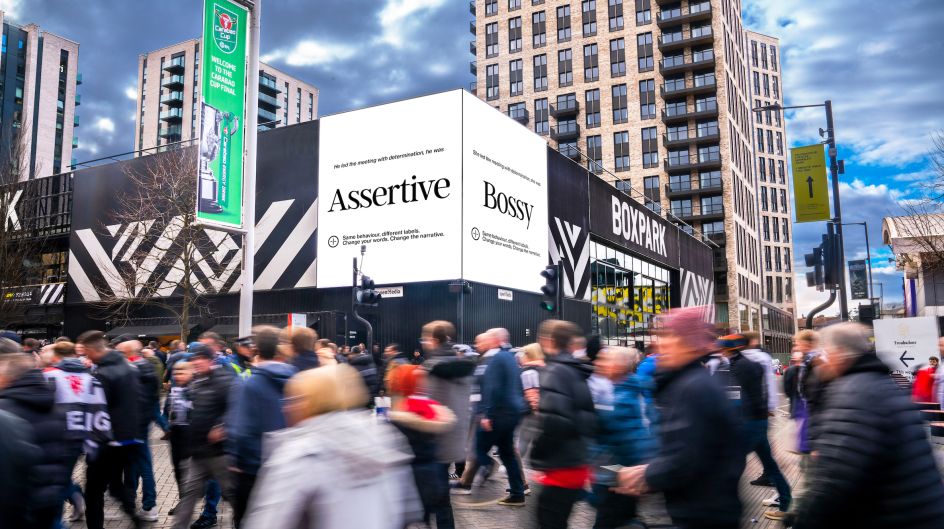
Worse still, it's not just a problem for English speakers. Locaria has reviewed the main couplets from the campaign and confirmed that whether people speak French, Arabic, German, Mandarin, Japanese, Italian or Spanish, a similar double standard exists.
Pledge for Positivity
To right this wrong, the campaign asks people to sign a 'Pledge For Positivity', which seeks to galvanise us all into thinking about how we use language. By signing the pledge, teachers, organisations, companies, or individuals commit to the following:
- Watch out for the sexism that hides in everyday language; learn about it and spread the word.
- Open things up for discussion in safe spaces, aiming to carry people with you versus finger-pointing.
- Research the sexist words or phrases people around you use most.
- Develop ways to call out sexist language, but with sensitivity (after all, it's often used unconsciously).
- Spotlight the insidious nature of 'harmless' banter (it's not a get-out-of-jail-free card).
You can find more information here.
